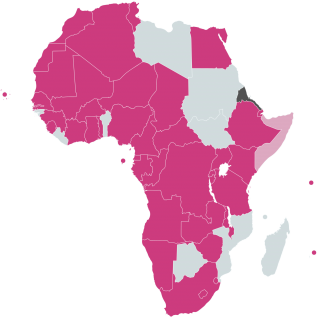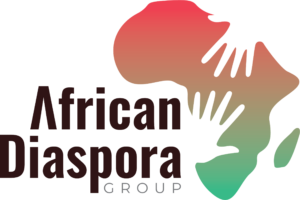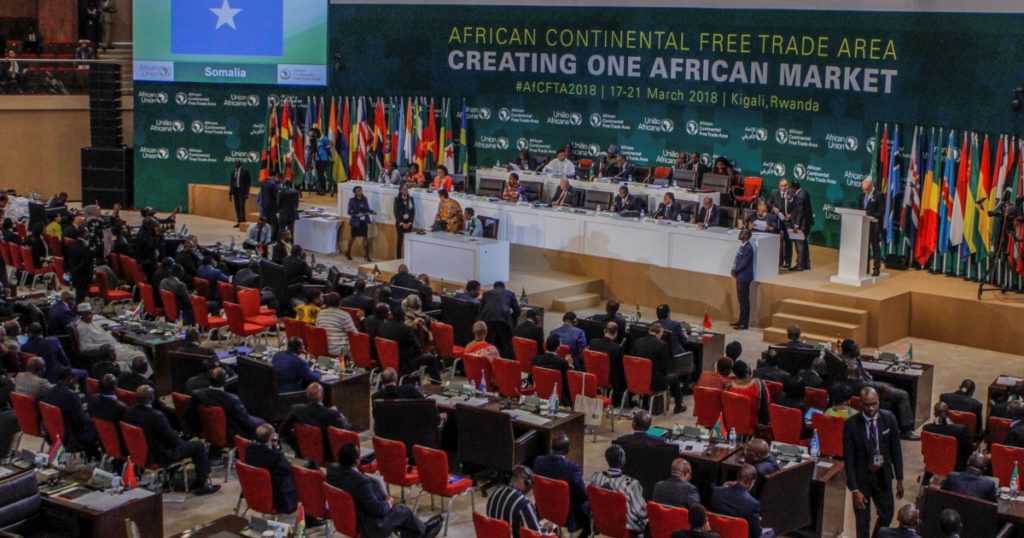Africa Free-Trade Pact Comes Into Effect After Years of Delay
Today is a historic day for free trade agreements—but not only because it’s the day the UK and the EU are finally breaking up.
While one economic bloc is shaken, another kicks off. January 1, 2021 marks the beginning of trade within the African Continental Free Trade Area (AfCFTA). Following years of preparation, and a pandemic postponement from its original start date in mid-2019, the world will welcome the largest free trade area since the development of the World Trade Organization, by number of participating countries.
In his New Year’s Eve speech, South African president Cyril Ramaphosa spoke about his enthusiasm for the new partnership, “We are just a few hours away from the birth of the African Continental Free Trade Area, which will fundamentally change the economic fortunes of our continent. It is the start of a new era of trade between African countries…when [the continent] will realize its great potential of its abundant natural and human resources.”
The trade agreement, which covers a market consisting of 1.2 billion people and a combined GDP of $3 trillion, has been signed by 54 of the 55 African Union member states; Eritrea has not yet joined. Thirty-four of those countries have ratified it as of early December.

The Trade Agreement
In brief, AfCFTA will create a single market for goods and services, in hopes of boosting trade among its nations. Africa has historically had low internal trade. In 2017, intra-African exports were 16.6% of total exports, compared with 68% in Europe, and 59% in Asia.
The agreement will work towards a continental customs union; eliminate tariffs on 90% of intra-Africa goods; aid in the movement of capital and people between countries; facilitate external investment; and reduce non-tariff barriers, like the time it takes goods to pass through customs.
AfCFTA has the potential to increase intra-African trade by over 50%, according to the UN Economic Commission for Africa, while the World Bank suggests the agreement could mean an added $76 billion in income for the rest of the world.
The Work Ahead
Despite the clear benefits and historic accomplishment, experts say the agreement will face a number of hurdles in practice, like a lack of modern and efficient infrastructure, unclear information about processes, and barriers for women-led businesses, and the economic destruction brought on by Covid-19 that could reverse years of progress in the region. Some also fear that large economic gains made in the diverse economies will be unequally distributed. Regardless, there are high hopes for the agreement.
“We want to move Africa away from this colonial economic model of perpetually being an exporter of primary commodities for processing elsewhere,” the trade bloc’s secretariat Wamkele Mene told the Financial Times. “We want to stop approaching tariffs as a tool for revenue. We want tariffs to be a tool for industrial development.”
Source: Quartz
Spread the word:

Hello, My name is Michael “Black Lion” Willis. Newest Member of The African Diaspora Group.
This is not only monumental, this is us, coming together for one common mindset. To build our wonderful country and leave a legacy for our children’s children, children… LoL!